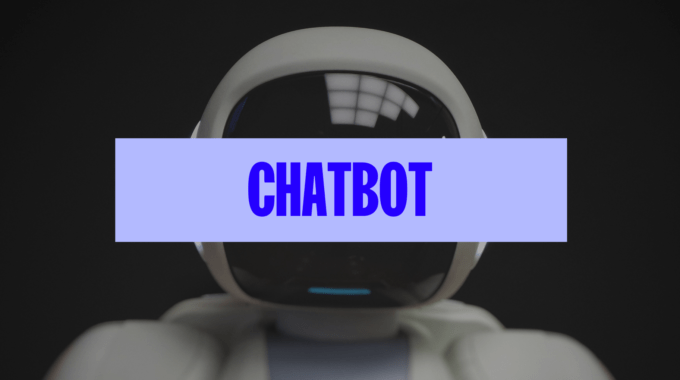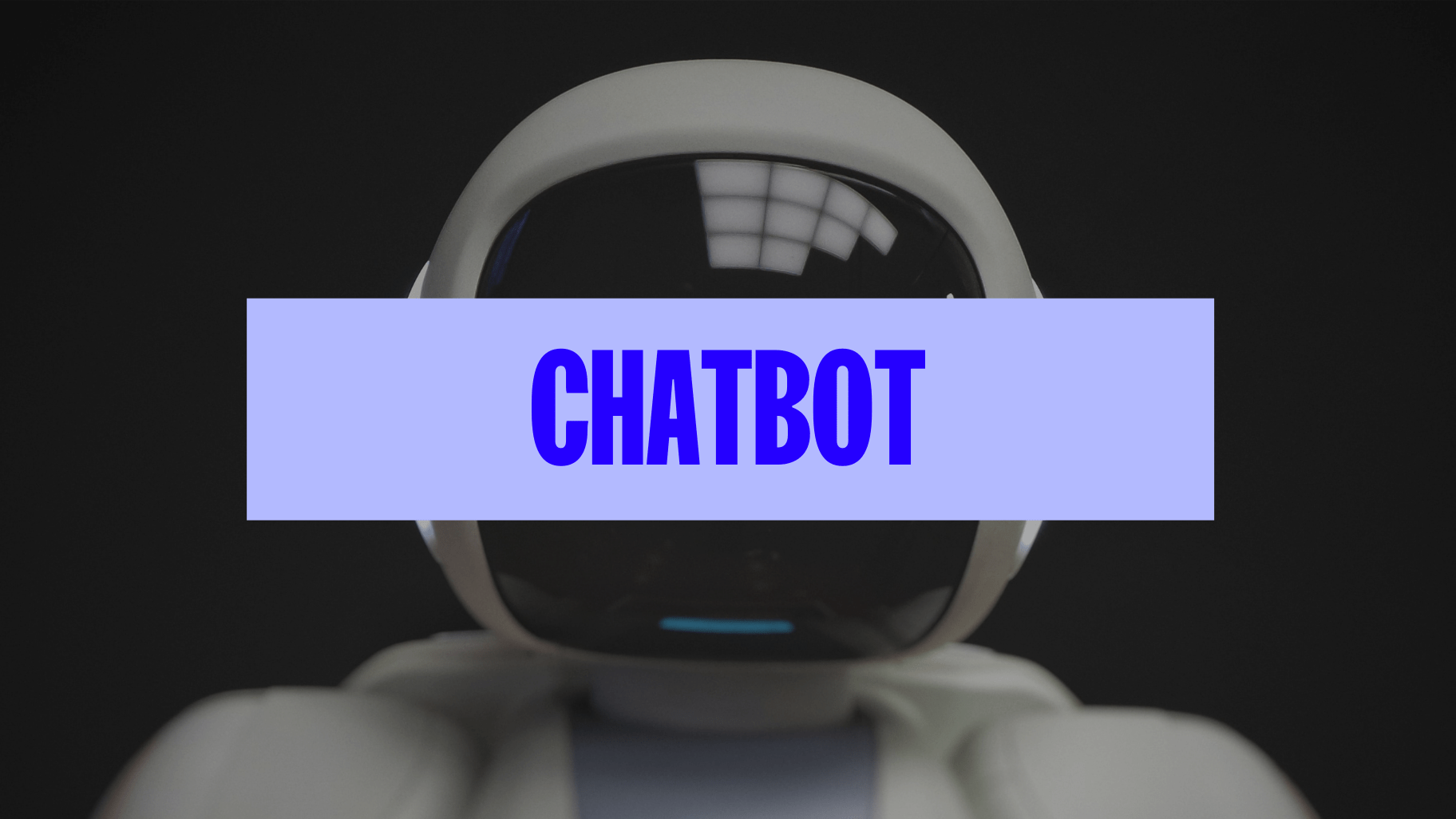Advantages and Disadvantages of Ecommerce in 2024

With global online sales predicted to reach $ 6.3 trillion in 2024 and to continue growing in the years that follow, the allure of the ecommerce business model for aspiring entrepreneurs is clear.
Ecommerce allows you to start a business with relatively low overhead costs. However, it comes with a set of benefits and drawbacks that can affect your decision to pursue this venture.
Let‘s look at the main advantages and disadvantages of ecommerce to help you decide whether it‘s the right option for you and your business.
Start selling online now with Shopify
Start your free trial



What is ecommerce?
Ecommerce refers to the sale and purchase of goods over the internet. It‘s a method of retailing where businesses and consumers interact digitally. Sellers list products or services online, and buyers can shop from anywhere, anytime. This system enables transactions to happen quickly and securely, with payments made online through various methods like credit cards, digital wallets, or online banking.
Advantages of ecommerce
Low startup cost
Starting an online store is usually cheaper and easier than setting up a brick-and-mortar business. Brick-and-mortar stores have many upfront costs, such as renting space, stocking up, buying equipment for sales, and possibly …











